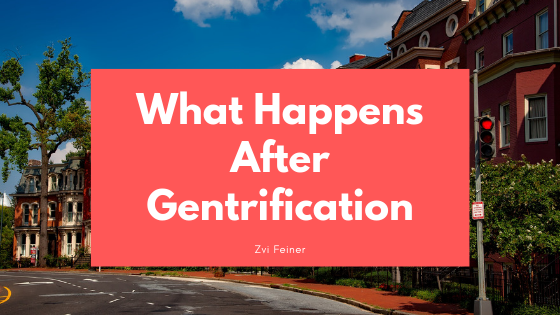In the traditional context of the English language, the word gentry had a very specific definition. It referred to a landowner who did not have to work the land for his income. The word has a connotation of wealth. In urban studies, the gentrification of a neighborhood tends to indicate the influx of wealth into a formerly poor or working-class area.
What Comes With Gentrification?
When most people think of gentrification, the arrival of young, urban professionals might come to mind. There are other indicators that might provide hints that gentrification is taking place in a given area. The arrival of a Starbucks or a new restaurant can be a sign that gentrification might begin. The arrival of a new coffee shop or cafe can cause property values to rise in a neighborhood. Another sign of gentrification is the arrival of more college-educated people. While this concept has been tied primarily to an influx of white people in a formerly minority community, it is less the case now.
Does Gentrification Run People Off?
Another concern with gentrification is the possibility that it can lead to widespread displacement. The belief is common that with higher property values and rental costs, poor people will have trouble remaining in their homes. This does happen in some instances. However, a 2004 study from Columbia University indicated that poor people in areas of New York City that were in the process of gentrification were less likely to have to move than those who lived in areas of the city that were not undergoing gentrification. Therefore, while some people will have to move as rents increase, by no means will all poor residents lose their lodging arrangements.
What About City Services?
A positive outcome that arises from the gentrification of a neighborhood is the increase in city services. Gentrification leads to a higher tax base through the businesses that move into the area. Additionally, the people who move involuntarily tend to have a higher income level and more in the way of education. Therefore, these folks bring higher expectations with them when the arrive. These developments lead to pressure on local leaders to provide more in the way of services for their new arrivals. Therefore, gentrification can lead to more people wanting to become a part of the community.

